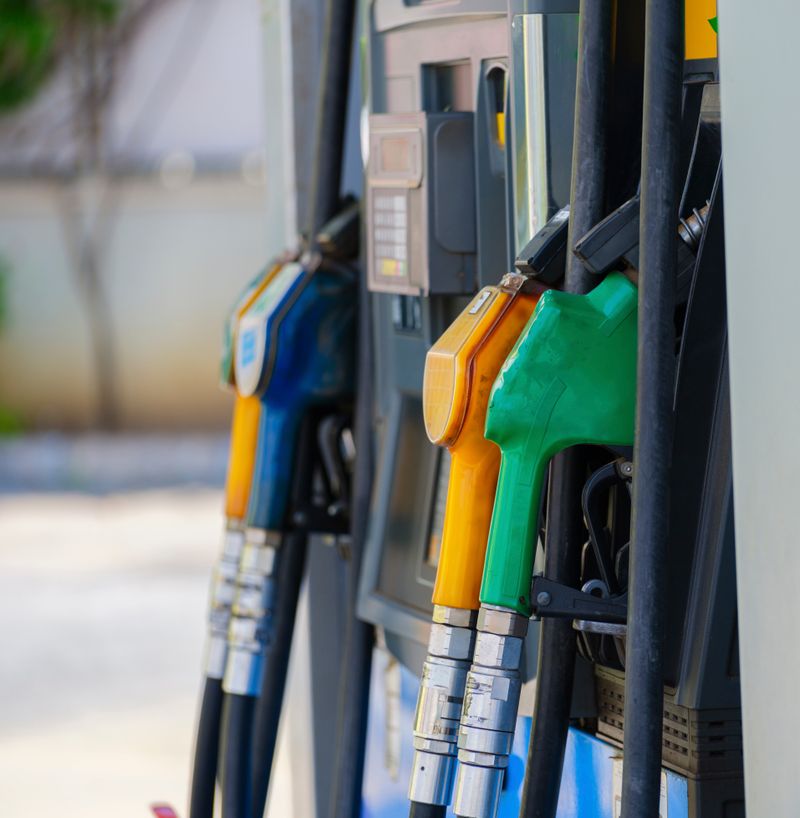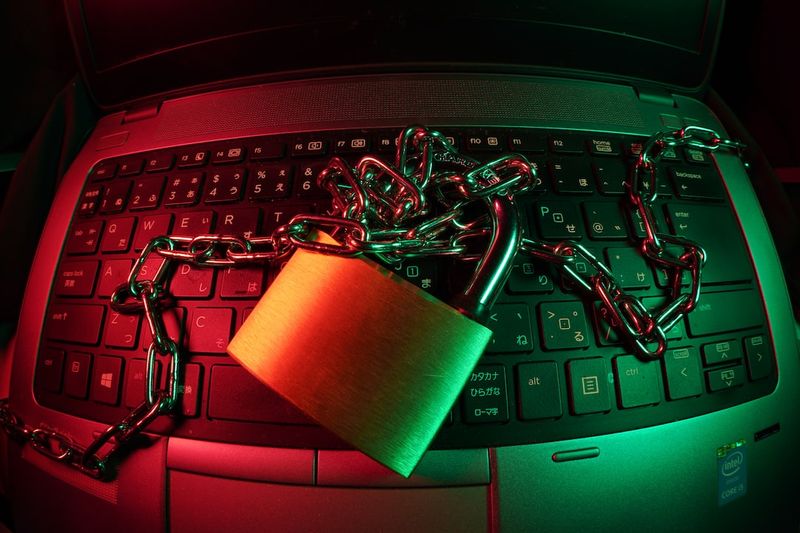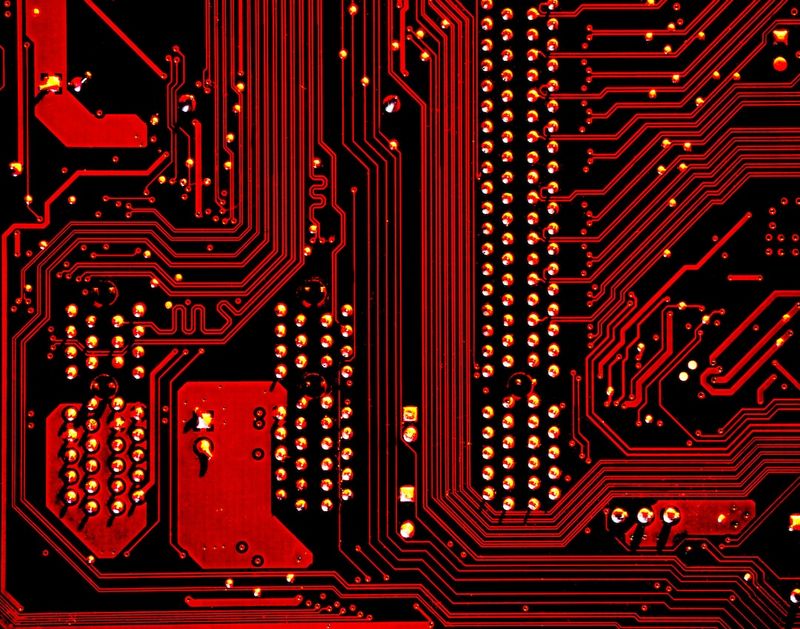Cybercrime Gas Stations Impacted by Cyberattack on Canadian Energy Giant Suncor
The Incident
Some services at Petro-Canada gas stations have been disrupted following a cyberattack on parent company Suncor, one of the largest energy companies in North America. Suncor, a Canada-based company, operates a network of more than 1,800 Petro-Canada retail and wholesale locations. In a statement, Suncor explained that they had experienced a cybersecurity incident that might impact transactions with suppliers and customers. The company assured that they had engaged third-party experts to assist with the investigation and response and that authorities had been notified. At present, there is no evidence to suggest that customer, supplier, or employee data has been compromised or misused as a result of the attack.
Disruptions and Potential Implications
Petro-Canada informed its customers via Twitter that some services may be unavailable, including credit card payments, car washes, and the ability to log into loyalty program accounts through the app or website. It remains unclear whether the disruptions were caused by a ransomware attack. Ransomware attacks involve cybercriminals encrypting files and stealing data from victims’ systems; both activities or just one could be conducted. The incident brings to mind the 2021 ransomware attack on Colonial Pipeline, an American oil pipeline system, which resulted in significant disruption and information theft, with the company paying millions of dollars in ransom to the attackers.
It is worth noting that threat actors have been observed selling access to energy organizations, including oil and gas firms, on cybercrime forums. The implications of cyber attacks on critical infrastructure, such as energy companies, are concerning. The potential disruption to energy supply and the possible financial and environmental impacts underscore the need for robust cybersecurity measures across the energy sector.
Importance of Cybersecurity
The incident at Suncor and its impact on Petro-Canada gas stations highlight the pressing need for strengthened cybersecurity practices in the energy industry. The energy sector plays a crucial role in the functioning of society, and any disruptions to its operations can have far-reaching consequences. Cybersecurity breaches can result in financial loss, reputational damage, and even compromise the safety of critical infrastructure.
Given the increasing sophistication and frequency of cyber threats, companies in the energy sector must prioritize cybersecurity measures to protect their operations and the customers and communities they serve. This includes implementing strong network security protocols, regularly updating software, conducting vulnerability assessments, and providing comprehensive training to employees on best practices in cybersecurity.
Recommendations
Companies in the energy sector, especially those handling critical infrastructure, should consider the following recommendations to enhance their cybersecurity defenses:
1. Robust Cybersecurity Frameworks
Implementing robust cybersecurity frameworks based on industry best practices, such as the NIST Cybersecurity Framework or ISO 27001, can help organizations establish a comprehensive approach to cybersecurity. These frameworks provide guidance on identifying, protecting, detecting, responding to, and recovering from cyber threats. Energy companies should assess their current cybersecurity measures and identify areas for improvement based on these frameworks.
2. Employee Training and Awareness
One of the weakest links in cybersecurity is often human error. Energy companies should invest in regular training and awareness programs to educate employees about potential cyber threats and best practices for safeguarding sensitive data. Training should cover topics such as phishing attacks, password management, and social engineering tactics. Employees should also be encouraged to report any suspicious activities or potential security breaches promptly.
3. Regular Security Assessments and Patching
Energy companies should conduct regular security assessments to identify vulnerabilities in their systems and networks. This includes performing penetration testing and vulnerability scanning to identify weaknesses that could be exploited by cybercriminals. Patching of software and systems should be done promptly to ensure that known vulnerabilities are addressed and potential entry points are secured.
4. Incident Response Planning
Developing a robust incident response plan is crucial for any organization in the energy sector. This plan should outline the steps to be taken in the event of a cybersecurity incident, including response team roles and responsibilities, communication protocols, and data recovery measures. Regular testing and simulation exercises should be conducted to ensure that the plan is effective and can be executed seamlessly during a real incident.
5. Collaboration and Information Sharing
Energy companies should actively collaborate with their industry peers, government agencies, and cybersecurity organizations to share threat intelligence and best practices. By working together, organizations can strengthen their collective defenses against common cyber threats. Regular information sharing and collaboration can help energy companies stay updated on emerging threats and develop effective countermeasures.
Editorial
The recent cyberattack on Suncor and its impact on Petro-Canada gas stations serve as a stark reminder of the vulnerabilities in critical infrastructure and the urgent need to prioritize cybersecurity in the energy sector. As our dependence on technology continues to grow, so does the potential for cyber threats to disrupt essential services and compromise sensitive data.
It is crucial for energy companies to invest in robust cybersecurity measures and adopt a proactive approach to mitigating cyber risks. This requires not only implementing state-of-the-art security technologies but also fostering a culture of cybersecurity awareness and resilience throughout the organization.
Government agencies also have a crucial role to play in supporting the energy sector in enhancing its cybersecurity defenses. They should provide resources, guidance, and regulations that encourage the adoption of best practices and ensure a coordinated response to cyber threats.
Ultimately, protecting critical infrastructure from cyber threats requires a collective effort. It requires collaboration between private sector entities, government agencies, and individuals to create a comprehensive defense against cybercriminals.
We must recognize that cybersecurity is not a one-time investment but an ongoing commitment. As cyber threats continue to evolve, energy companies must remain vigilant and proactive in their efforts to safeguard their operations and the communities they serve.

<< photo by Engin Akyurt >>
The image is for illustrative purposes only and does not depict the actual situation.
You might want to read !
- The Costly Consequences: Examining the Fallout of the Recent Pilot Applicant Data Breach
- Fortinet’s FortiNAC Vulnerability: Unmasking Networks to Lethal Code Execution Attacks
- China’s ‘Volt Typhoon’ APT: Analyzing the Expanding Threat Landscape
- The Great Leak: Genworth Financial Exposes 2.7M SSNs in Data Breach
- The Escalating Cyber Threat Looming Over Iranian Politics




